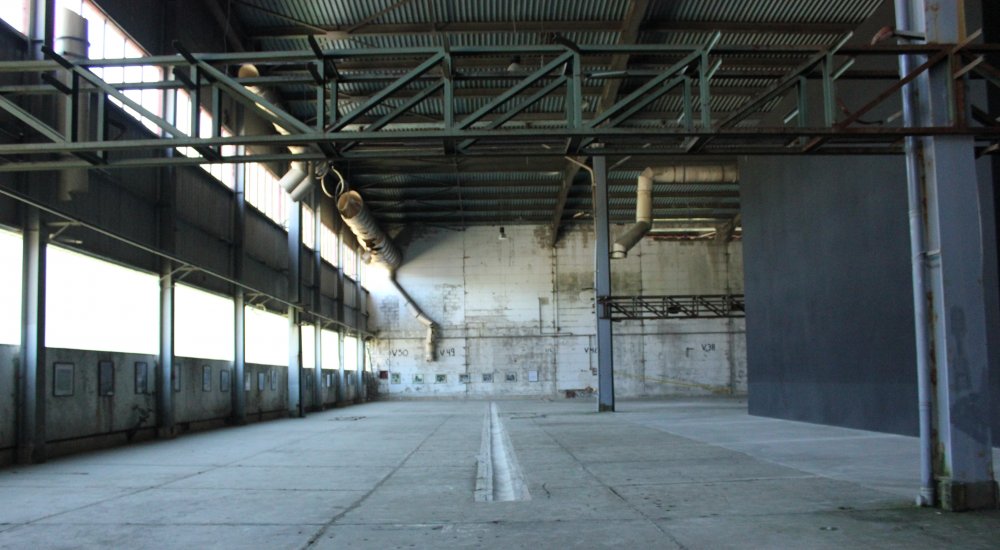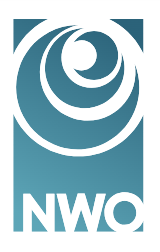Postdoctoral position┋Facing Srebrenica

The Amsterdam School for Regional, Transnational and European Studies (ARTES) and the Research Centre for Military Management Studies (RCMMS) of the Netherlands Defence Academy (NLDA) invite applications for a postdoc researcher position (3 years, 1.0 fte) in the NWO funded project Facing Srebrenica and the Future of Visual Memory as a Participatory Archival Practice (NWO Open Competition 2023-2027).
The Facing Srebrenica Project
The Facing Srebrenica Project departs from a unique body of an estimated 10.000 private photos made by Dutchbat soldiers during their UN peacekeeping mission from January 1994 to July 1995. The research aim of the Facing Srebrenica Research Project is to preserve, analyse and gradually open up the private Dutchbat photos in a participatory transnational digital archival practice, by
- giving survivors access to the photo database;
- contributing to the process of sense making of war memories for Dutchbat veterans, and;
- allowing for a dialogic reimagination of life in the UN Srebrenica enclave (January 1994 – July 1995) as non-linear and non-deterministic potential history reconceptualising the political and cultural encounter between ‘Europe’ and its alleged ‘Balkan’ other in Srebrenica.
Regarding the past, the project will analyse how these visual sources can enhance understanding of the processes, such as dehumanization, that led to mass violence. Regarding the future, the archive and its infrastructure need to be conceived both for research and commemoration purposes, enabling an open-ended, dialogic perspective on the genocide.
Project leaders, research team and consortium
Dr Erna Rijsdijk, RCMMS, Faculty of Military Sciences, Netherlands Defence Academy
Dr Guido Snel, ARTES, Amsterdam Institute for Humanities Research, University of Amsterdam
The Facing Srebrenica Project collaborates with the Netherlands Institute for Military History and the Srebrenica Memorial Center (Bosnia and Herzegovina) to set up a primary transnational digital (memorix) database. With Dr Roeland Ordelman (Faculty of Electrical Engineering, Mathematics and Computer Science of the University of Twente, and NIOD institute for War, Holocaust and Genocide Studies) the research team will further develop a digital archiving concept allowing the primary archive to gradually open up as part of the Common Lab Research Infrastructure for the Arts and Humanities (CLARIAH) as a memory and research space that meets the Facing Srebrenica Project aims.
What are you going to do?
As member of an interdisciplinary research team, you will contribute to the development of the innovative Facing Srebrenica participative model of digital archiving in the CLARIAH infrastructure implementing crucial elements of the research aims by:
- allowing a contextualising of the visual sources to trace the multiple meanings of the photos and their “use” in personal histories and communication (e.g. on social media) for research and commemoration;
- finding ways to connect the diaspora community of Srebrenica survivors to the archive and enabling them to add information to the photos (crowd sourcing) in collaboration with the Srebrenica Memorial Center;
- finding ways to connect the Dutchbat veteran community to the archive and enable them to add information to the photos (crowd sourcing) and to facilitate a process of sense making of war memories in collaboration with the Netherlands Veterans Institute; and
- designing a future proof concept of governance, authorisation and moderation for the archive, respecting the privacy and ethico-political aspects of the archive, while enabling a re-imagination of the visual legacy of Srebrenica as a potential and dialogic history.
Your tasks and responsibilities
- Conducting research (stated above)
- presenting intermediate research results at workshops and conferences and publishing a number of co-authored, peer reviewed articles;
- participating in meetings of the project group;
- co-organising knowledge dissemination activities;
Your experience and profile
- You have a PhD in the Humanities, Information Sciences or Archival Studies, with a background in digital humanities, knowledge and understanding of digital research methods, archiving of photo collections, standards in the domain (e.g. metadata, linked data), and digital tools (e.g. for improving access or supporting research) that are relevant in this context. Programming skills (e.g. scripting) on an intermediate level are preferred.
- Excellent research skills demonstrated by a track record of publishing in high-ranking journals and/or with leading presses or a demonstrable capacity to develop such a record;
- a strong cooperative attitude and willingness to engage in collaborative research;
- enthusiasm for communicating academic research to non-academic audiences;
- excellent command English; Bosnian is a strong preference, Dutch recommended; and
- a profound understanding of, and commitment to the communities and to the ethical issues involved in this project.
What can we offer you?
The Postdoc researcher will be appointed at the department of European Studies of the Faculty of Humanities at the University of Amsterdam and will conduct the research in ARTES; the Postdoc researcher will also be affiliated to the Netherlands Defence Academy and the theme group “People in extreme circumstances” of the Research Center for Military Management Studies at the Faculty of Military Sciences in Breda. For this affiliation you will have to undergo a security screening. The employment contract will be for one year. Contingent on a positive performance evaluation the contract will be extended with two years. The employment contract is for 30.4-38 hours a week. Preferred starting date is 01 April 2023.
The gross monthly salary, based on 38 hours per week and relevant experience, ranges between € 3,703 to € 5,439. This sum does not include the 8% holiday allowance and the 8,3% year-end allowance. A favourable tax agreement, the ‘30% ruling’, may apply to non-Dutch applicants. The Collective Labour Agreement of Dutch Universities is applicable.
What else do we offer
- Excellent possibilities for further professional development and education, including participation in a dedicated Research Training group;
- an enthusiastic, inspiring and professional academic team; and
- the opportunity to collaborate with leading researchers at research institutes that - partly as a result of their interdisciplinary approach - are world renowned.
About the University of Amsterdam
The University of Amsterdam is the Netherlands' largest university, offering the widest range of academic programmes. At the UvA, 42,000 students, 6,000 staff members and 3,000 PhD candidates study and work in a diverse range of fields, connected by a culture of curiosity.
The Faculty of Humanities provides education and conducts research with a strong international profile in a large number of disciplines in the field of language and culture. Located in the heart of Amsterdam, the faculty maintains close ties with many cultural institutes in the capital city. Research and teaching staff focus on interdisciplinary collaboration and are active in several teaching programmes.
Want to know more about our organisation? Read more about working at the University of Amsterdam.
About the Faculty of Military Sciences of the Netherlands Defence Academy
The Faculty of Military Sciences (FMW) of the Netherlands Defence Academy is a scientific education and research institute that has a unique position in the Netherlands educational landscape: this is due to the focus on military education and research, but also to the multidisciplinary nature of its scientific practice and the interrelationship with military education and training. Read more about the FMW and its Research Centres at https://faculteitmilitairewetenschappen.nl/
Any questions?
Do you have any questions or do you require additional information? Please contact:
Job application
If you feel the profile fits you, and you are interested in the job, we look forward to receiving your application. You can apply online via the link below. The deadline for applying for this vacancy is 19 January 2023.
Applications should include the following information (submitted in one .pdf):
- A letter of motivation.
- A research proposal of 800-1000 words, explaining how you would approach the project thematically, conceptually and methodologically, within the timeline of the 3 years appointment.
- A full academic CV, including a list of publications.
- The names and contact details of two references who may be approached by the selection committee.
Only complete applications received within the response period via the link below will be considered.
The interviews will be held in the course of the last weeks of January 2023.
The UvA is an equal-opportunity employer. We prioritize diversity and are committed to creating an inclusive environment for everyone. We value a spirit of enquiry and perseverance, provide the space to keep asking questions, and promote a culture of curiosity and creativity.
No agencies please.
